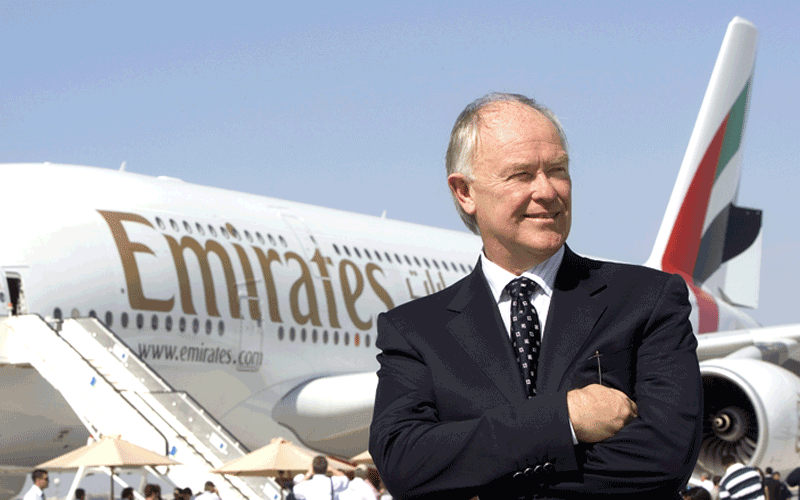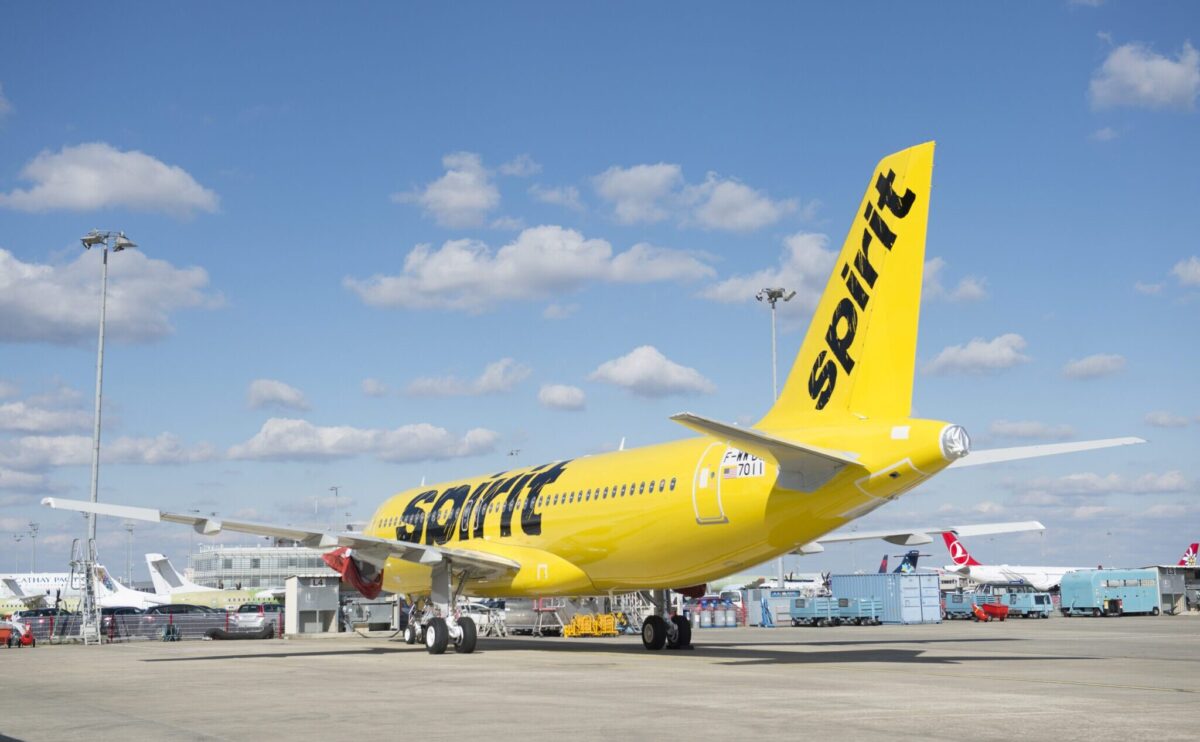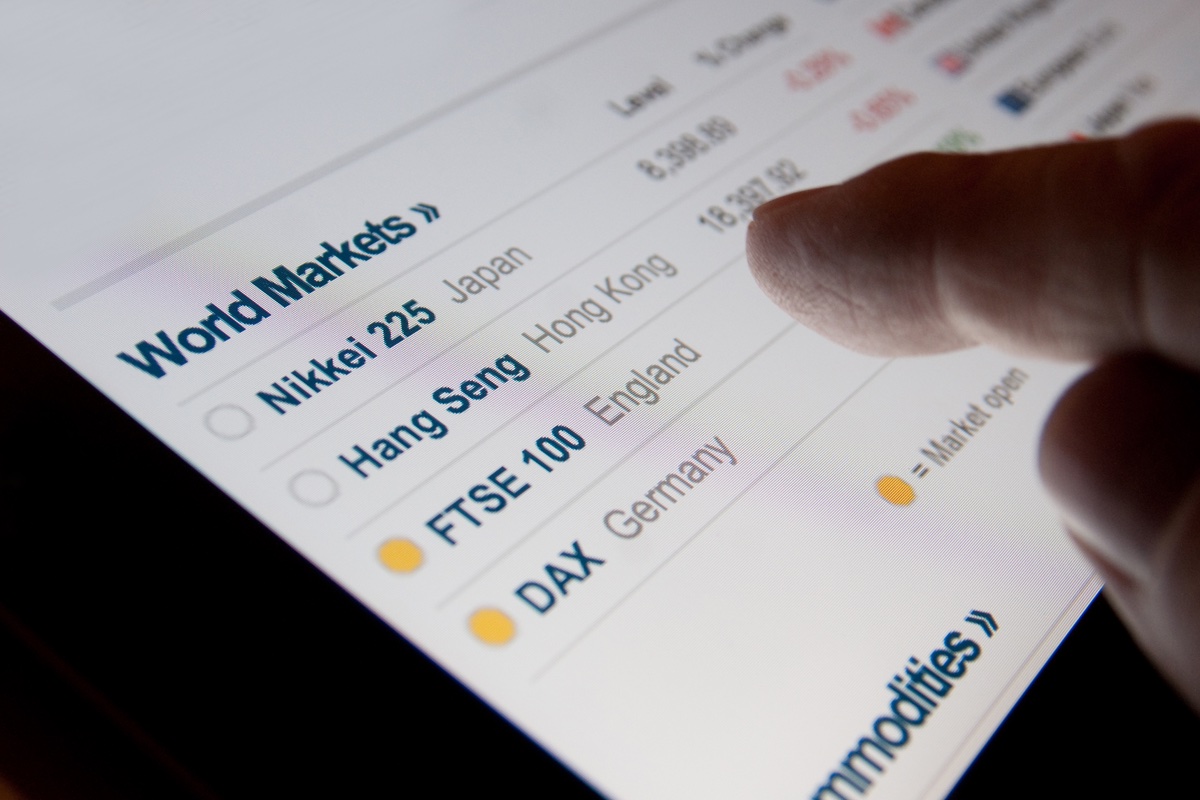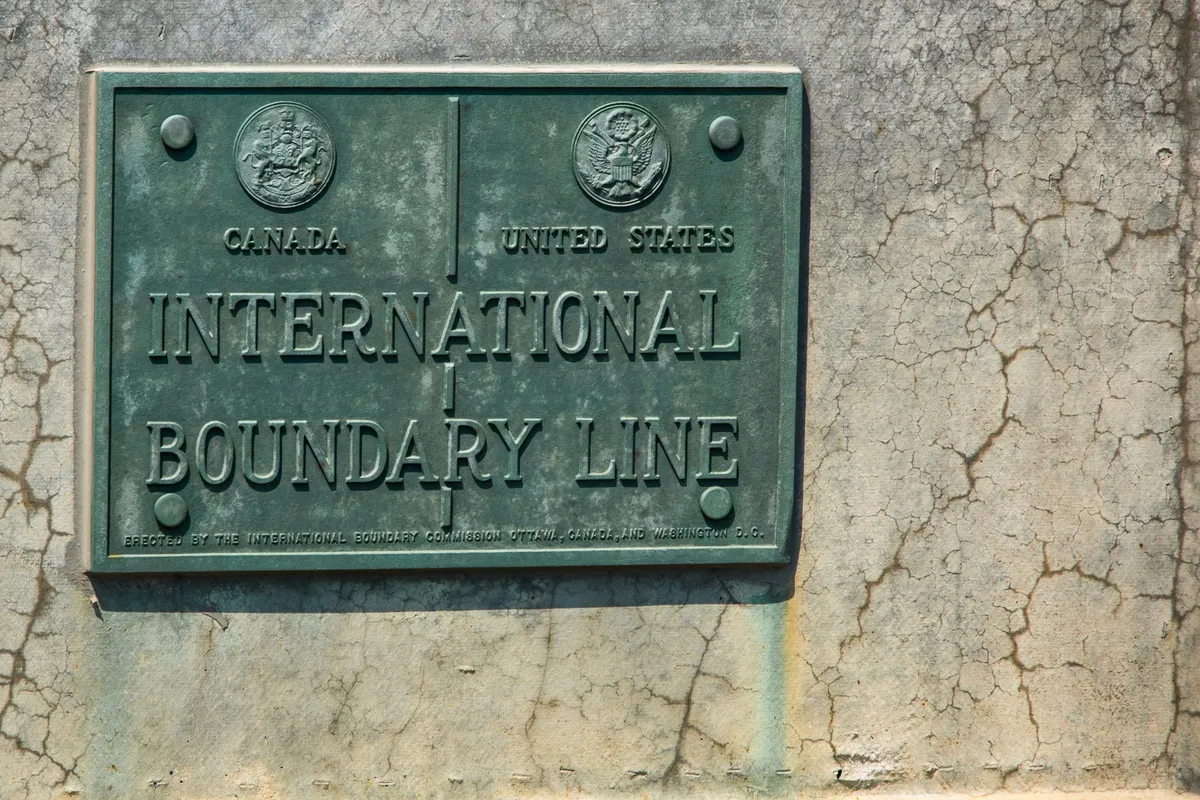Emirates Rejects Delta's Apology, Questions Its CEO's Credibility

Skift Take
Following an appearance by Emirates President and CEO Tim Clark yesterday on CNN's Quest Means Business during which he said Delta Air Lines CEO Richard Anderson had "crossed the line" with his comment on 9/11 and the Gulf states, the Dubai-based airline has issued a statement rejecting an apology by Delta.
The statement provided by Emirates to Skift reads:
"Emirates rejects the apology issued by Delta Air Lines in response to comments made by its CEO on Monday 16th February which intimated a link between the Gulf carriers and the 9/11 attacks. We believe that the statements made this week by Mr. Anderson were deliberately crafted and delivered for specific effect. This brings into question his credibility as a CEO of a US public listed company, as well as the integrity of the submission which his airline has submitted to the US authorities."
Delta's CEO said on Monday on CNN: "It’s a great irony to have the UAE from the Arabian Peninsula talk about that, given the fact that our industry was really shocked by the terrorism of 9/11, which came from terrorists from the Arabian Peninsula."
The two Gulf carrier leaders that have responded to Anderson's comments have argued that this debate, among other things, is about smart leadership of an airline. Qatar Air CEO Akbar Al Baker said on CNN on Tuesday that Delta's CEO was turning Open Skies politicial to "hide his inefficiencies at running an airline."
Delta issued two statements following Anderson's Monday appearance on CNN. The first contained a sentence that suggested Gulf carriers used the period of U.S. airline weakness following 9/11 to grow. It reads, "The Middle East carriers, meanwhile, capitalized on that difficult time in the industry’s history to begin in earnest an unfettered expansion that was largely paid for with subsidies from their governments."
This portion of the statement was removed in a second statement. Both statements can be read in full here.





